In-community session: Walking Post-Industrial Areas
Mon statut pour la session
In recent years, there has been a great deal of debate surrounding so-called ruin gazing and the politics of representing industrial or urban ruination. Recent years have seen photographers, artists, film-makers, urban explorers, scholars and others flood into newly deindustrialized areas to record signs of ruins and abandonment, prompting a public backlash against the hipster commodification of misery. Some have gone so far as to call the voyeuristic appeal of industrial or urban ruination a form of “ruin-porn”, urging researchers and artists to engage with the people who continue to live in and with ruination. What accounts for their invisibility? Historian Jackie Clarke suggests that new forms of working-class invisibility have emerged since the 1980s. She uses the term invisibility to “signal not total disappearance, but various forms of marginalisation, occlusion and disqualification.”
This cross-disciplinary session will explore the ethical and political stance of researchers and artists who have created memory-based audio or art walks that engage with the post-industrial transformation of our cities. How does in-situ listening and curated feeling change the experience of walking through these areas? Does it contribute to or counter the wider aestheticization of rubble into picturesque ruin? What are the underlying politics of these public initiatives? How well do these walks make visible or challenge power? In responding to these questions, participants in this round table will consider the potential of audio and art walking as critical heritage practice in the aftermath of deindustrialization.


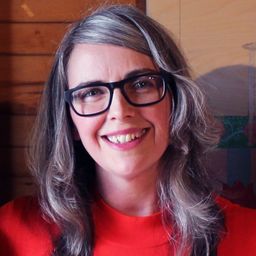
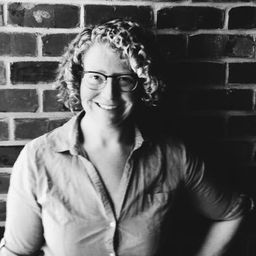
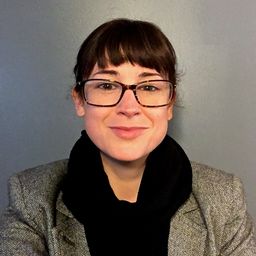
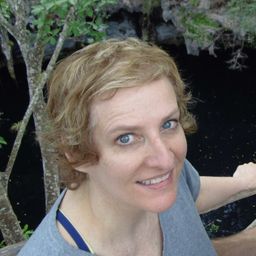
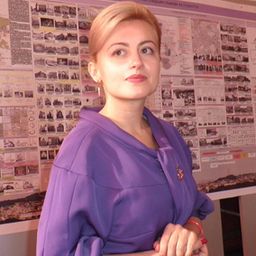
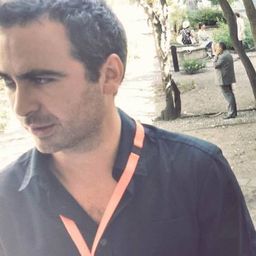
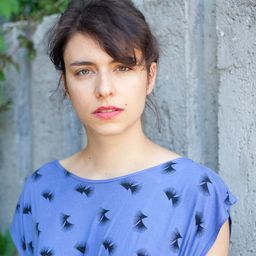
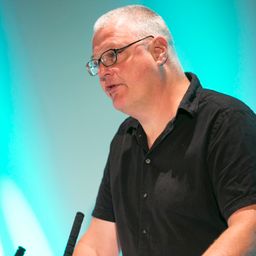
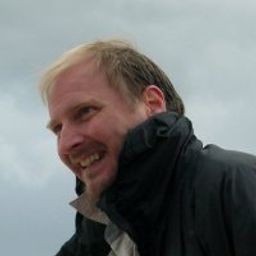
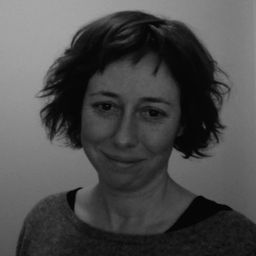
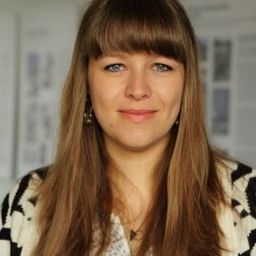
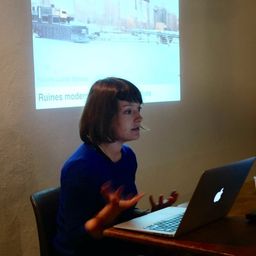
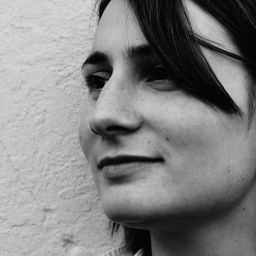
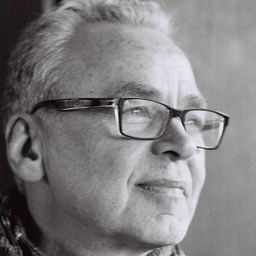
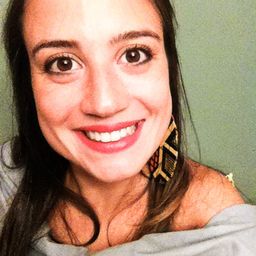
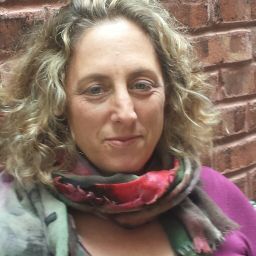
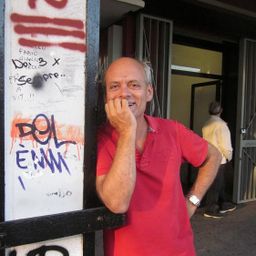
Discussion